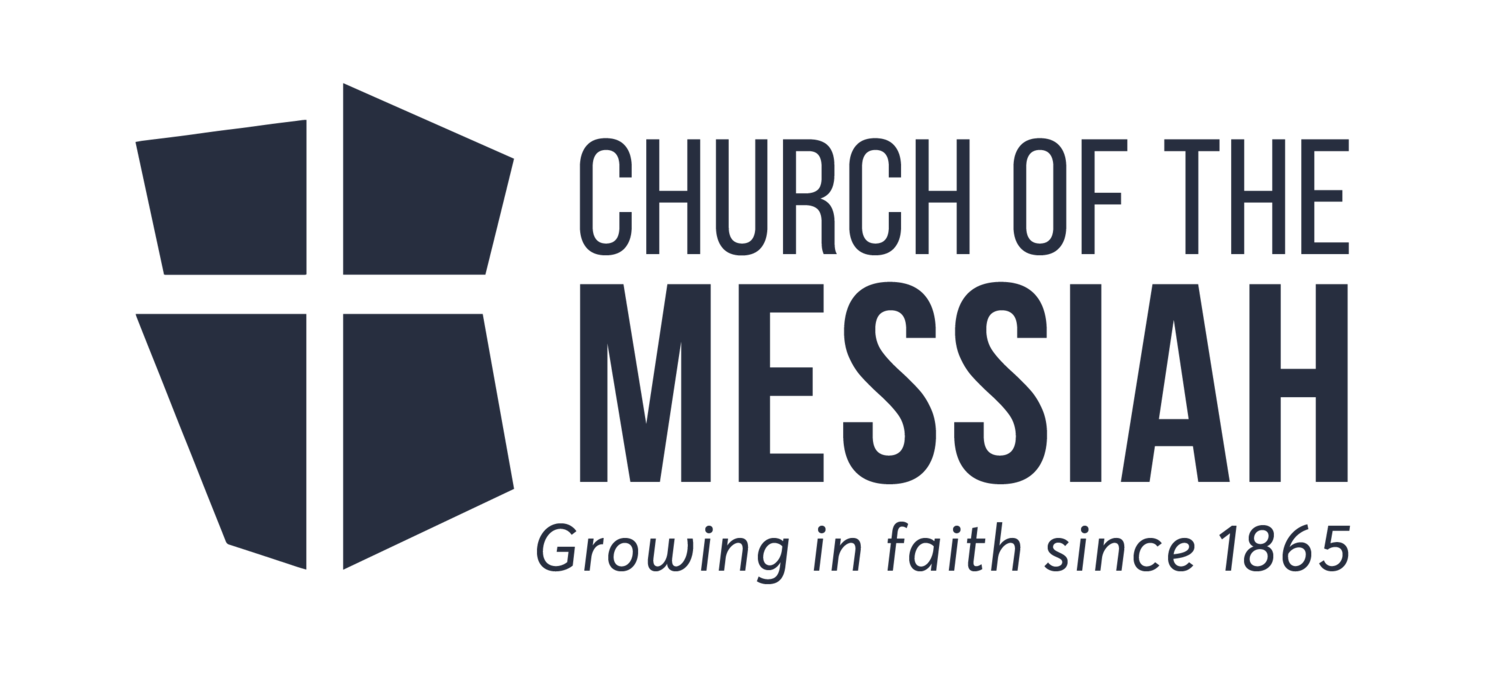REFORMING PUBLIC WORSHIP
Dear Friends,
It is commonly said that the Reformation began in 1517 when Luther nailed his 95 Theses to the church door in Wittenberg. Martin Luther, along with John Calvin, became the two best known Reformers. The main figure in the English Reformation is Thomas Cranmer. One of his principal accomplishments was the reformation of public, or common, worship. In 1549 he published a new order of public worship. Three years later, in 1552, 35 years after the start of the Reformation, Cranmer released a significantly changed public worship book. This was a service of public worship which was Biblical and reformed and deeply Christian. Cranmer had thought much on how public worship had developed both before and after the Reformation. He then reformed these liturgies so they would be thoroughly Biblical and so they would clearly tell the gospel message rather than obscure the gospel message. This “service book” is known as the Book of Common Prayer. 110 years later, in 1662, the 1552 service book was mildly edited. In most of the orthodox Anglican world, the 1662 Book of Common Prayer is the official book of public worship, and the key basis of Anglican doctrine. By the way, since different countries have edited the Book Of Common Prayer over the years, usually there is a number connected with the book to identify which one you are referring to.
Church of the Messiah is a member of the Anglican Network in Canada. We accept the 1662 Book of Common Prayer, along with the 39 Articles and the Ordinal (with its Preface) as being a true statement of the historic, biblical, gospel centred, Christian Faith. Our Sunday 8am service uses a mildly edited version of the 1662 Holy Communion service. We retain the traditional language with its “thees” and “thous.” Our 10am services are original creations based on the biblical structure, theology and wisdom of the 1662 Holy Communion service. Our Morning Prayer service is a mild editing of the 1662 Morning Prayer service, and we have also modernized the language.
Over the next several weeks I am going to talk about “common” or “public” worship. I will take the English Reformation’s attempt to understand the Biblical principles of public/common worship as my starting point. Why do this? Well, partly so people in the congregation can appreciate the Biblical logic, gospel spirituality and theology of our Sunday morning worship services. My hope is that understanding will help people enter into worship in a whole-hearted, gospel gripped, God glorifying manner.
Just so you know, Biblical, gospel-hearted worship was not a mere academic matter to Thomas Cranmer. On March 21, 1556 he was burned at the stake as a martyr. He chose death rather than denying the Biblical faith in Jesus Christ crucified.
George +
